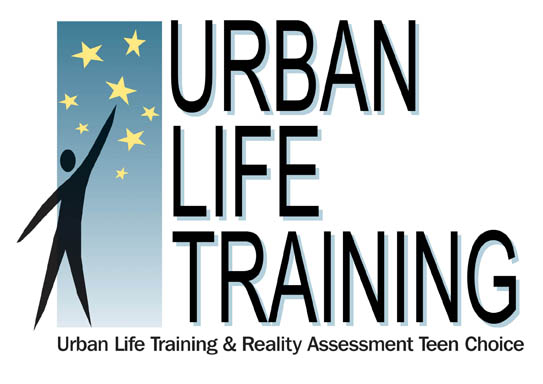By Richard Urban
During the month of June, people of conscience and character were continually aghast at the public displays of debauchery. But going deeper than protesting drag queen shows and all sorts of displays of moral and sexual dysfunction, what is the way forward to solving the breakdown of society?
All of society’s ills are the result of the breakdown of the family. Specifically, this means that when married men and women aren’t raising children within the confines of the family, societal breakdown occurs. Even in high crime inner city neighborhoods, well over 90 percent of children who grow up in safe, stable two-parent homes do not become delinquents.
LaVar Young reports in his Blog:
"compared with "traditional families," parents of fragile families [families where the parents are not married] are more likely to have become parents in their teens, more likely to have had children with other partners, more likely to be poor, suffer from depression, struggle with substance abuse, and to have been incarcerated. They are also disproportionately African American and Hispanic.
Of the highest concern is what this means for the child, because as the number of fragile families increases, so do the number of children exposed to the unstable environments that they foster. Fragile families are shown to have harsher parenting practices and fewer literacy activities, and children of such families produce lower cognitive test scores and a have a higher incidence of aggressive behavior.
Furthermore, previous research demonstrates that children who live apart from one of their parents at some point in their childhood are twice as likely to drop out of high school, twice as likely to have a child before age 20, and one and a half times as likely to be out of school or work by their late teens or early 20s.
The consequences are devastating, not only for these children and their families, but for our communities and for our society as a whole. As a child's outcomes are compromised, the likelihood that they will continue that negative cycle into adulthood and with their own families is vastly increased. If unstable families are becoming more prevalent, the effect on future generations may be astronomic -- a harrowing potential, considering the already deepening divide between struggling urban communities and their wealthier counterparts."
Furthermore, LaVar says: "We need to reframe the issue. Rather than being about the individual, we can view most social policy as being about children and families, and the choice to make policy decisions that benefit this population."
In light of this tremendous need to focus on what is provably best for children, having stable two parent homes with both a biological mother and father, Urban Life Training is happy to promote a series of ongoing discussions between community leaders and Richard Urban on the topic of Strengthening Families and Communiites. These discussions follow up on and expand the Strengthening Families and Communities Forums.
See the discussion with West Virginia Attorney General candidate Richie Robb below.
Find character and abstinence-centered education materials at urbanlifetraining.org.



Terms & Conditions
Subscribe
Report
My comments